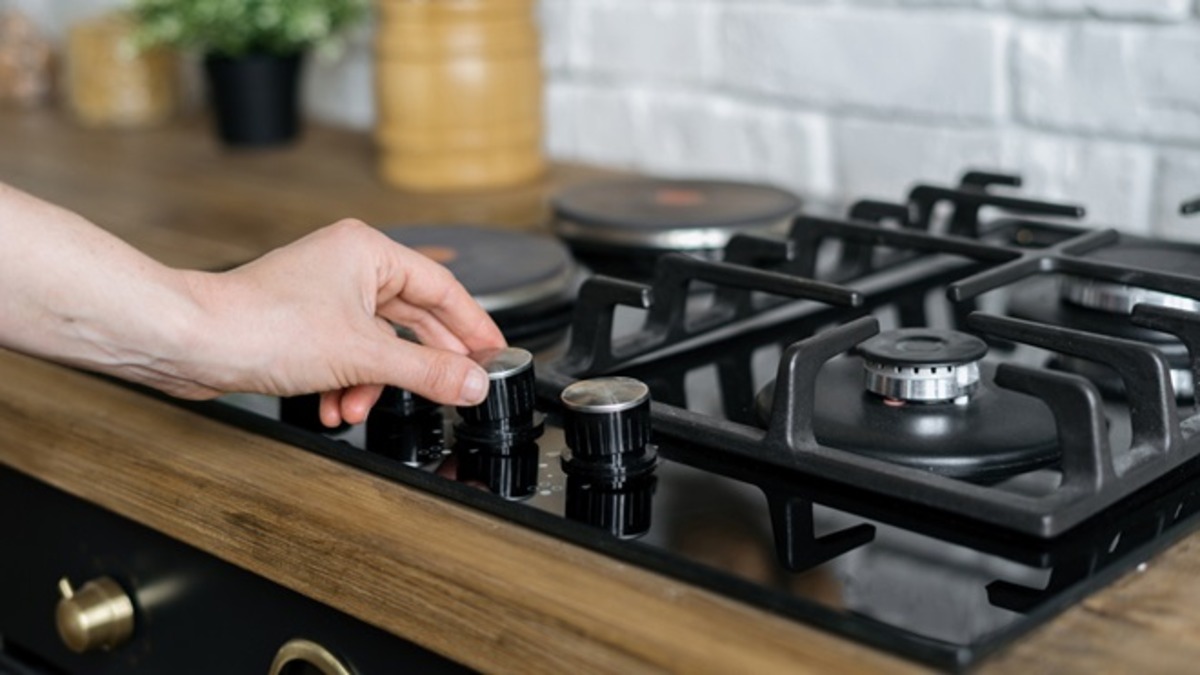

Articles
What Is The Best Cooktop To Buy
Modified: January 19, 2024
Discover the top cooktop options to consider for your kitchen. Read our informative articles and find the best cooktop to buy and improve your cooking experience.
(Many of the links in this article redirect to a specific reviewed product. Your purchase of these products through affiliate links helps to generate commission for Storables.com, at no extra cost. Learn more)
Introduction
Welcome to the world of cooktops! If you’re looking to upgrade your kitchen or build a new one, choosing the right cooktop can make all the difference in your cooking experience. With the myriad of options available in the market, it can be overwhelming to determine which cooktop is the best fit for your needs. In this comprehensive guide, we will explore different types of cooktops and help you find the best one to buy.
The cooktop is an essential component of any kitchen, providing a surface for cooking and heating food. It allows you to control the temperature with precision, making cooking more efficient and enjoyable. There are several factors to consider when choosing a cooktop, including fuel type, heat source, design, and features. Let’s dive into the different types of cooktops available in the market:
Key Takeaways:
- Gas cooktops offer precise heat control, high heat levels, and a classic look, making them ideal for professional chefs and home cooks who value reliability and quick temperature adjustments.
- Induction cooktops provide rapid heat-up times, energy efficiency, and precise temperature control, perfect for those who prioritize speed and precision in their cooking experience.
Read more: Which Is The Best Induction Cooktop To Buy
Gas Cooktops
Gas cooktops have been a popular choice among chefs and cooking enthusiasts for many years. They offer precise heat control and instant heat adjustment, making them ideal for tasks that require quick temperature changes. Gas cooktops work by burning natural gas or propane, which is delivered through a gas line to the burners.
One of the key advantages of gas cooktops is their ability to provide high heat levels. This makes them excellent for searing and stir-frying, where intense heat is required. Gas cooktops also provide even heat distribution, ensuring that your food cooks evenly. The visual flame on a gas cooktop adds a touch of drama and allows you to easily monitor the heat level.
Another advantage of gas cooktops is their reliability even during power outages. Since they don’t rely on electricity, you can continue cooking even when the power is down. Gas cooktops are also known for their durability and longevity. With proper maintenance, they can last for many years.
One thing to consider with gas cooktops is the ventilation requirements. Since they produce an open flame, proper ventilation is crucial to remove any fumes or odors. Installing a high-quality range hood or exhaust fan is recommended to ensure a safe and odor-free cooking environment.
When it comes to cleaning, gas cooktops can be a bit more challenging compared to other types. The burners and grates need to be removed and cleaned separately, which can be time-consuming. However, newer models come with sealed burners and removable grates, making the cleaning process more convenient.
In terms of design, gas cooktops offer a classic and timeless look that can fit well in any kitchen style. They are available in various sizes and configurations, ranging from four to six burners. Some gas cooktops also come with additional features such as built-in griddles or grill plates, adding versatility to your cooking options.
Overall, gas cooktops provide excellent heat control, reliability, and the ability to achieve high heat levels, making them a top choice for many professional chefs and home cooks alike.
Electric Cooktops
Electric cooktops are a popular choice for many kitchens due to their ease of use and sleek design. They are powered by electricity and provide a smooth and seamless cooking surface. Electric cooktops come in two main types: coil cooktops and smoothtop cooktops.
Coil cooktops feature coiled heating elements that heat up when electricity flows through them. They provide even heat distribution and are generally more budget-friendly compared to smoothtop cooktops. However, cleaning can be a bit more challenging, as spills and crumbs can fall into the coil elements. It’s important to let the coils cool completely before attempting to clean them and avoid using abrasive cleaners that can damage the coils.
Smoothtop cooktops, on the other hand, have a flat ceramic or glass surface with hidden heating elements beneath. They offer a sleek and modern look and are easier to clean compared to coil cooktops. Smoothtop cooktops heat up quickly and provide a smooth and even cooking surface. However, they can be more expensive than coil cooktops and may require special cookware with a flat and smooth bottom to ensure proper heat transfer.
One of the advantages of electric cooktops is their increased safety compared to gas cooktops. As there are no open flames or gas leaks to worry about, electric cooktops are considered safer and more suitable for households with children. Many electric cooktops also feature a built-in safety lock that prevents accidental activation or changes to the settings.
Electric cooktops offer various features and controls to enhance your cooking experience. Some models come with touch controls that allow you to precisely adjust the heat levels, while others have knobs for easy temperature adjustment. Many electric cooktops also come with additional features such as timers, child lock, and built-in sensors that automatically adjust the heat based on the size of the cookware.
While electric cooktops provide a convenient and reliable cooking experience, they may take slightly longer to heat up and cool down compared to gas cooktops. It’s important to keep this in mind when planning your cooking time. Additionally, electric cooktops rely on electricity, so they may not be usable during power outages.
In terms of installation, most electric cooktops require professional installation to ensure proper wiring and electrical connections. It’s essential to consult with an electrician or a professional installer to ensure safety and compliance with local electrical codes.
Overall, electric cooktops offer a sleek design, easy cleaning, and increased safety features. They are a great option for those who prefer the convenience of electric cooking and desire a modern look in their kitchen.
Induction Cooktops
Induction cooktops have gained popularity in recent years for their efficient and precise cooking capabilities. Unlike gas or electric cooktops, induction cooktops use electromagnetic technology to directly heat the cookware, rather than heating the surface. This makes them incredibly fast and energy-efficient.
Induction cooktops work by creating a magnetic field that interacts with the iron in compatible cookware, generating heat directly in the pan. This means that the heat is instantly and precisely controlled, providing quick and consistent cooking results. Induction cooktops offer exceptionally fast heat-up times, bringing liquids to a boil in a fraction of the time compared to other cooktops.
One of the key advantages of induction cooktops is their remarkable energy efficiency. Since the heat is generated directly in the pan, there is minimal heat loss to the surrounding environment. In addition, induction cooktops only heat the cookware that comes into contact with the surface, leaving the rest of the cooktop cool to the touch. This makes them a safer option, especially for households with children.
Another advantage of induction cooktops is their precise temperature control. You can easily adjust the heat with precision, allowing for delicate simmering or high-temperature searing. Additionally, induction cooktops offer rapid temperature changes, allowing you to quickly switch from a simmer to a rapid boil.
Cleaning induction cooktops is a breeze, as the smooth glass surface is easy to wipe clean. Since the cooktop surface itself doesn’t heat up, spills and boil-overs are less likely to burn and stick. However, it’s important to note that not all cookware is compatible with induction cooktops. Cookware must have a magnetic base, such as cast iron or stainless steel, to work effectively on an induction cooktop.
Induction cooktops do require a specific type of electrical connection. They typically require a dedicated 240-volt electrical circuit, which may require professional installation. It’s important to consider the installation requirements and consult with an electrician to ensure proper setup and functionality.
Although induction cooktops offer many benefits, they can be more expensive compared to gas or electric cooktops. However, the energy savings and precise temperature control can help offset the initial investment in the long run.
Overall, induction cooktops are a fantastic choice for those who prioritize speed, energy efficiency, and precise cooking control. Their advanced technology and sleek design make them a popular choice for both professional chefs and home cooks.
When choosing a cooktop, consider your cooking habits and kitchen layout. Gas cooktops offer precise temperature control, while induction cooktops are energy-efficient and easy to clean. Electric cooktops are affordable and easy to install.
Ceramic Cooktops
Ceramic cooktops, also known as glass cooktops, have gained popularity for their sleek and modern appearance. They feature a smooth, flat ceramic surface that adds a touch of elegance to any kitchen. Ceramic cooktops are typically electric and provide a seamless and easy-to-clean cooking surface.
One of the main advantages of ceramic cooktops is their aesthetic appeal. The smooth and glossy surface adds a modern and sophisticated look to your kitchen. They are available in various colors and styles, allowing you to choose one that complements your kitchen’s design.
Ceramic cooktops are easy to clean. The flat surface is stain-resistant and can be wiped clean with a damp cloth or sponge. In most cases, spills and boil-overs do not burn onto the surface, making cleaning a simple and hassle-free task. However, it’s important to avoid using abrasive cleaners or rough scrubbing pads, as they can scratch the ceramic surface.
Another advantage of ceramic cooktops is their heat distribution. The ceramic surface evenly distributes the heat, ensuring that your food cooks evenly. This is especially beneficial for tasks that require precise temperature control, such as simmering sauces or melting chocolate.
When it comes to cooking performance, ceramic cooktops provide consistent and reliable heat. They usually come with multiple heating elements, allowing you to cook various dishes simultaneously. However, it’s important to note that ceramic cooktops may take slightly longer to heat up and cool down, compared to induction or gas cooktops.
It’s worth noting that ceramic cooktops can be delicate and prone to scratches or cracks. It’s essential to handle cookware with care to prevent accidentally dropping or dragging heavy objects on the surface. Using cookware with a flat and smooth bottom is recommended to avoid scratching the ceramic surface.
Some ceramic cooktops come with additional features such as touch controls, timers, and safety locks. These features enhance the functionality and usability of the cooktop, providing convenience and peace of mind.
Overall, ceramic cooktops are a popular choice for those looking for a sleek and modern appearance in their kitchen. They offer easy cleaning, even heat distribution, and multiple cooking zones, making them a practical and stylish option for home cooks.
Read more: Where To Buy Induction Cooktop
Solid Surface Cooktops
Solid surface cooktops, often referred to as seamless cooktops, offer a unique and seamless cooking surface that blends seamlessly with your kitchen countertop. They are typically made of a durable, non-porous material such as quartz, granite, or solid surfacing material. Solid surface cooktops provide a sleek and modern look to your kitchen while offering several practical benefits.
One of the main advantages of solid surface cooktops is their ease of cleaning. Since there are no crevices or seams, the surface is smooth and easy to wipe clean. Spills and debris can be easily removed with a damp cloth or sponge, making clean-up quick and convenient.
Solid surface cooktops are also incredibly durable and resistant to scratches and stains. The solid construction and non-porous material make them resistant to damage from heat, moisture, and everyday wear and tear. This durability ensures that your cooktop will maintain its beautiful appearance for years to come.
In terms of cooking performance, solid surface cooktops provide even and consistent heat distribution. They are designed to offer efficient heat transfer, allowing you to cook your food evenly and precisely. Some solid surface cooktops also come with multiple heating elements or burners, providing versatility and the ability to cook multiple dishes at once.
One of the unique features of solid surface cooktops is their integration with the kitchen countertop. They can be seamlessly mounted into the countertop, creating a visually appealing and cohesive look. This integration allows for a smooth and uninterrupted surface, making it easier to slide pots and pans across the cooktop without any hindrances.
When it comes to maintenance, solid surface cooktops require minimal effort. Regular cleaning with non-abrasive cleaners is usually sufficient to keep the surface looking pristine. It’s important to avoid using harsh chemicals or abrasive cleaning tools that can damage the surface.
While solid surface cooktops offer many benefits, it’s important to mention that they are typically electric and may take slightly longer to heat up and cool down compared to gas cooktops. Additionally, solid surface cooktops may require professional installation due to their integration with the countertop, ensuring a proper fit and connection.
Overall, solid surface cooktops offer a seamless and stylish design, exceptional durability, and easy maintenance. With their smooth surface and even heat distribution, they are a great choice for those who value both aesthetics and practicality in their kitchen.
Final Thoughts
Choosing the best cooktop for your kitchen ultimately depends on your cooking style, preferences, and needs. Each type of cooktop – gas, electric, induction, ceramic, and solid surface – offers its own set of advantages and considerations.
Gas cooktops provide excellent heat control, reliability, and the ability to achieve high heat levels. They are favored by professional chefs for their precise temperature control and quick heat adjustments. Gas cooktops also add a classic and timeless look to any kitchen.
Electric cooktops, whether coil or smoothtop, offer ease of use, sleek design, and safety features. They are a great choice for households with children as they eliminate the risk of gas leaks or open flames. Electric cooktops also provide even heat distribution and easy cleaning.
Induction cooktops are known for their incredible speed, energy efficiency, and precise temperature control. They offer fast heat-up times and instant adjustments, making them perfect for those who love to cook rapidly and with precision. Induction cooktops also have a sleek and modern appearance.
Ceramic cooktops bring a touch of elegance to the kitchen with their smooth and glossy surface. They provide even heat distribution, easy cleaning, and a range of color options to match your kitchen decor. It’s important to handle them with care to avoid scratches or cracks.
Solid surface cooktops create a seamless and integrated look with the kitchen countertop. They offer durability, easy cleaning, and a sleek design that blends well with modern kitchens. Solid surface cooktops provide even heat distribution and minimal maintenance.
When choosing a cooktop, consider factors such as your cooking style, budget, available space, and energy efficiency. It’s also important to think about installation requirements and ventilation needs, especially for gas cooktops. Consulting with an expert or doing thorough research can help you make an informed decision.
Regardless of your choice, investing in a high-quality cooktop will enhance your culinary experience and make cooking a pleasure. Take the time to explore the different options and find the cooktop that best suits your needs. Happy cooking!
Frequently Asked Questions about What Is The Best Cooktop To Buy
Was this page helpful?
At Storables.com, we guarantee accurate and reliable information. Our content, validated by Expert Board Contributors, is crafted following stringent Editorial Policies. We're committed to providing you with well-researched, expert-backed insights for all your informational needs.
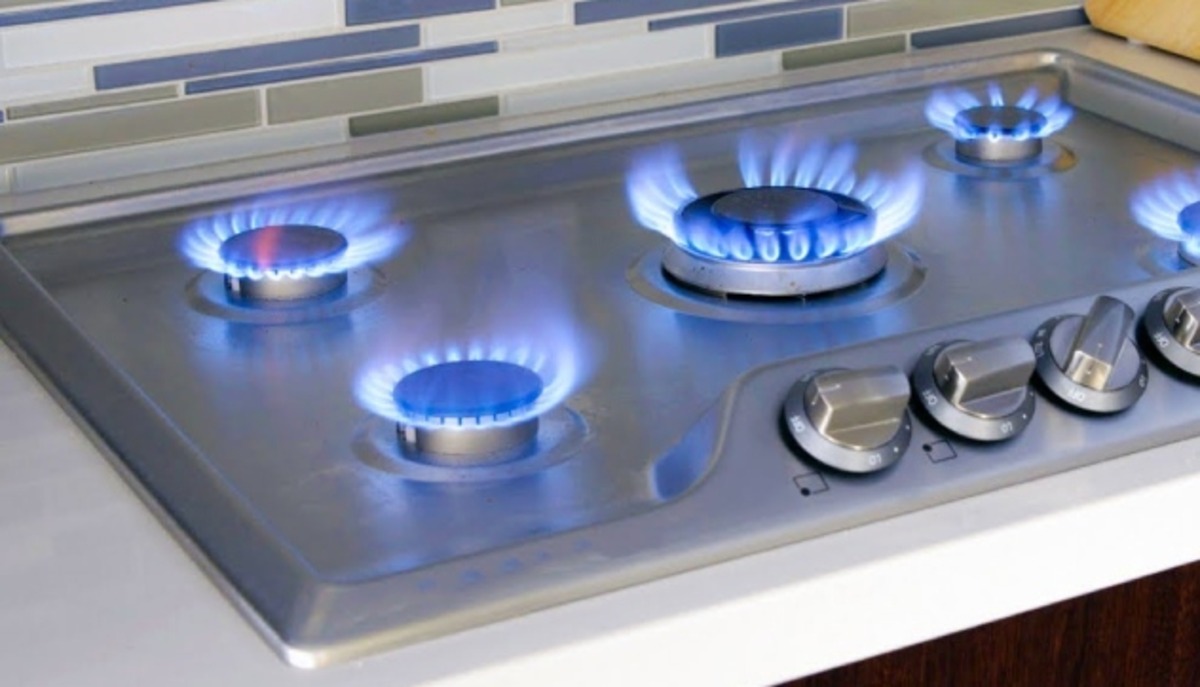
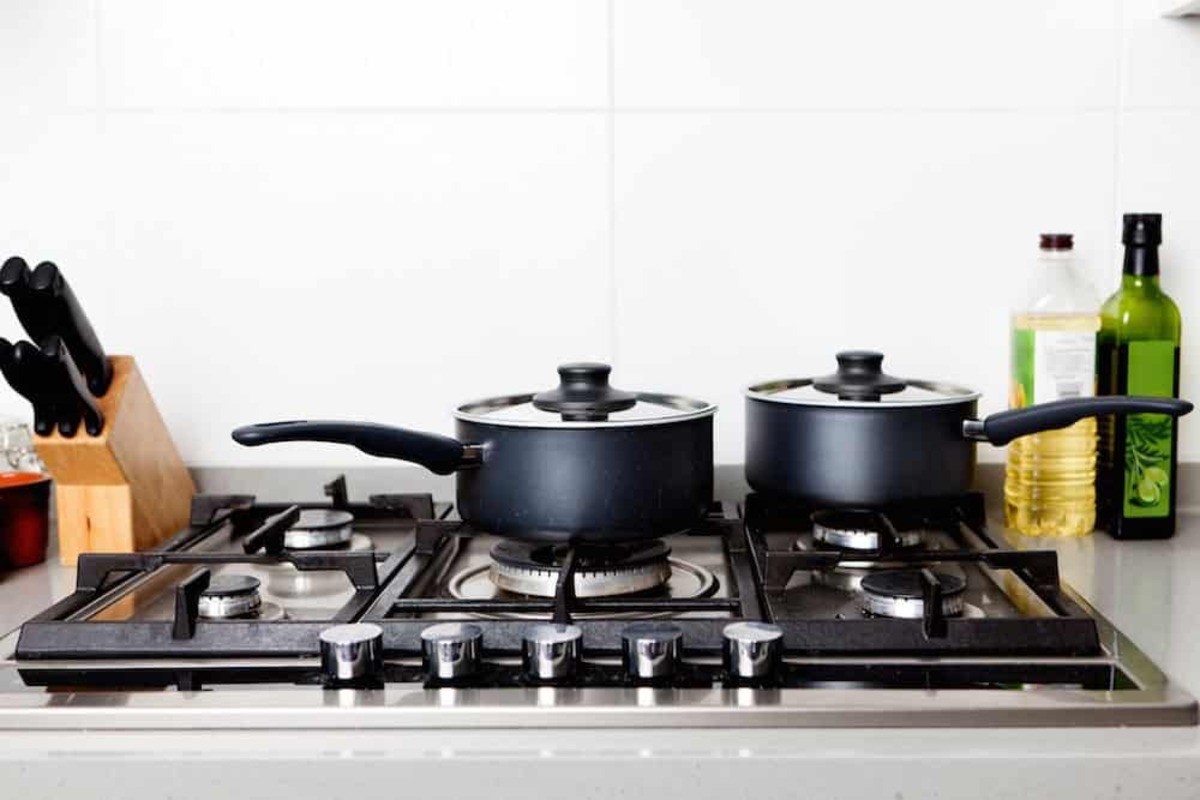
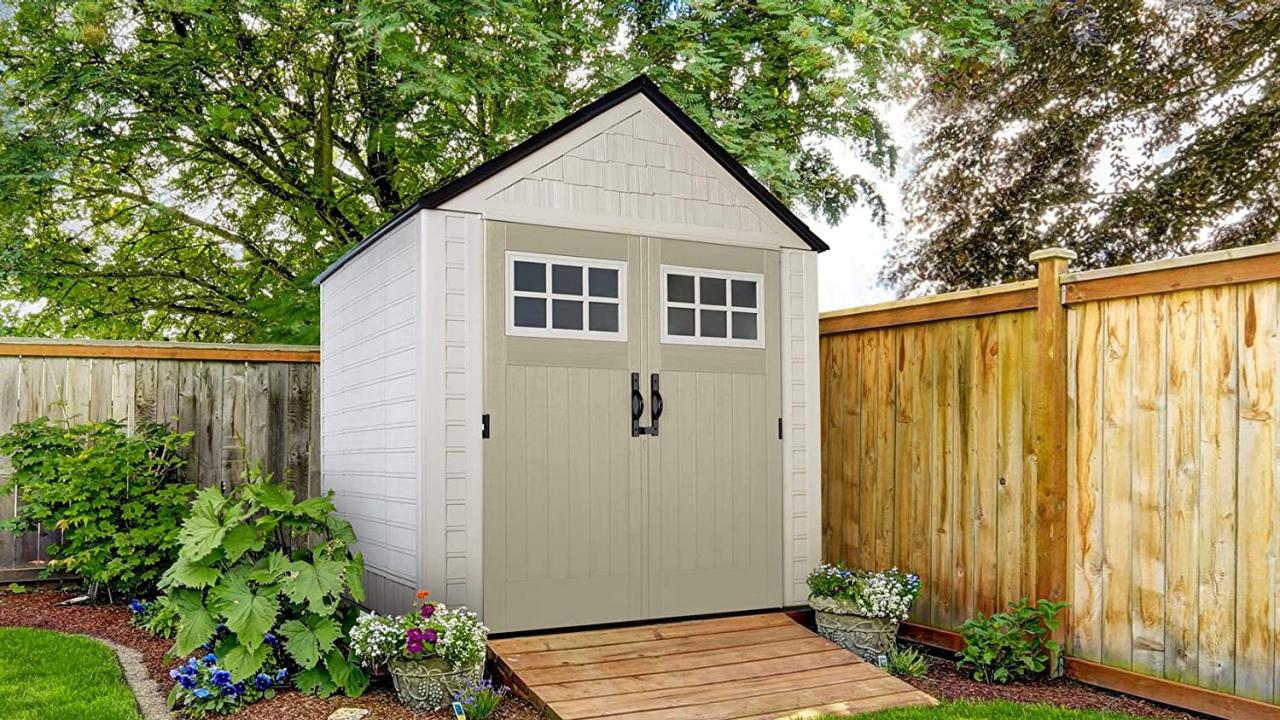
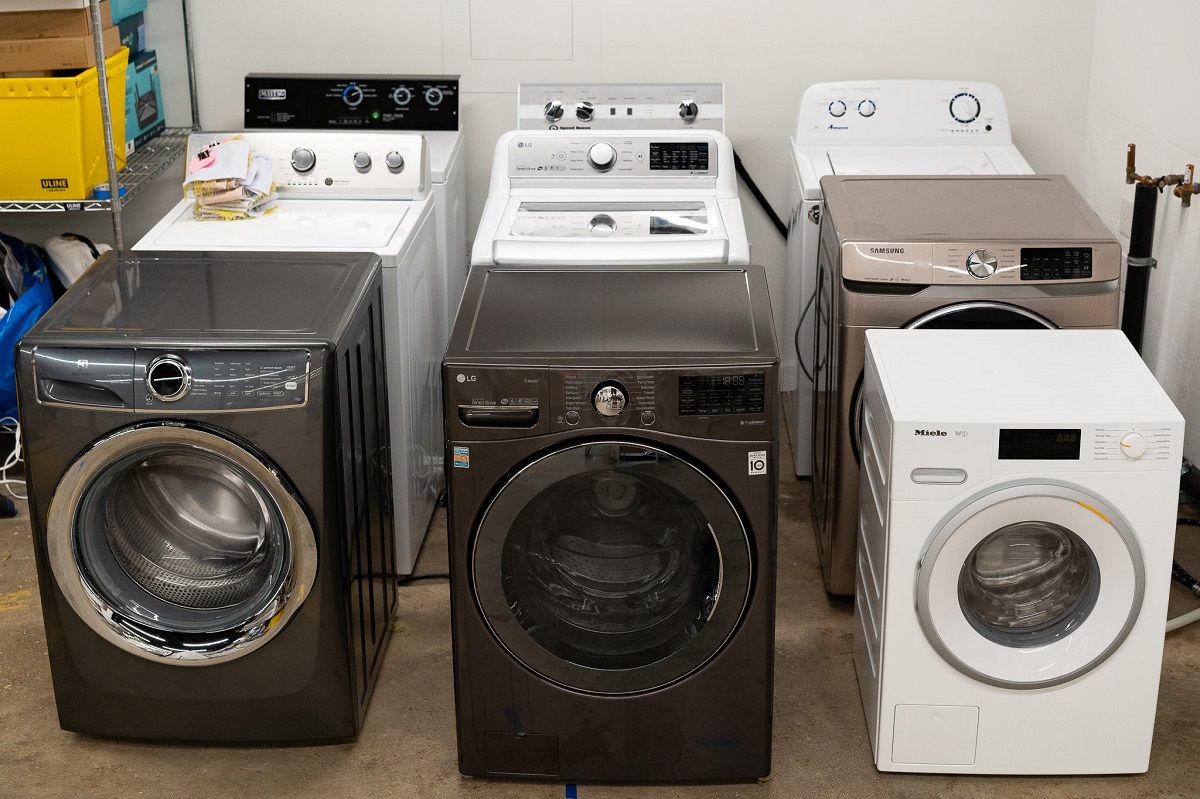
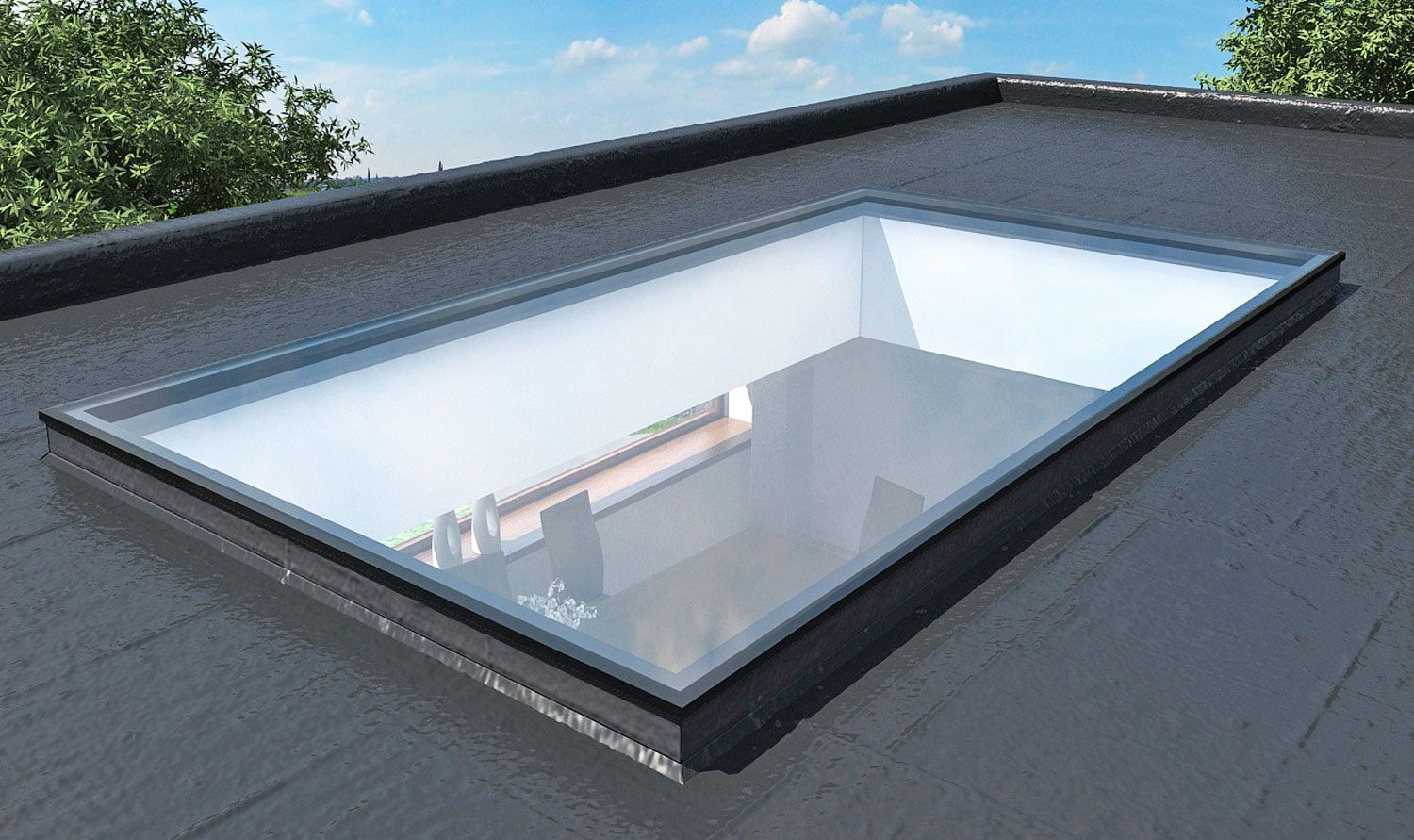
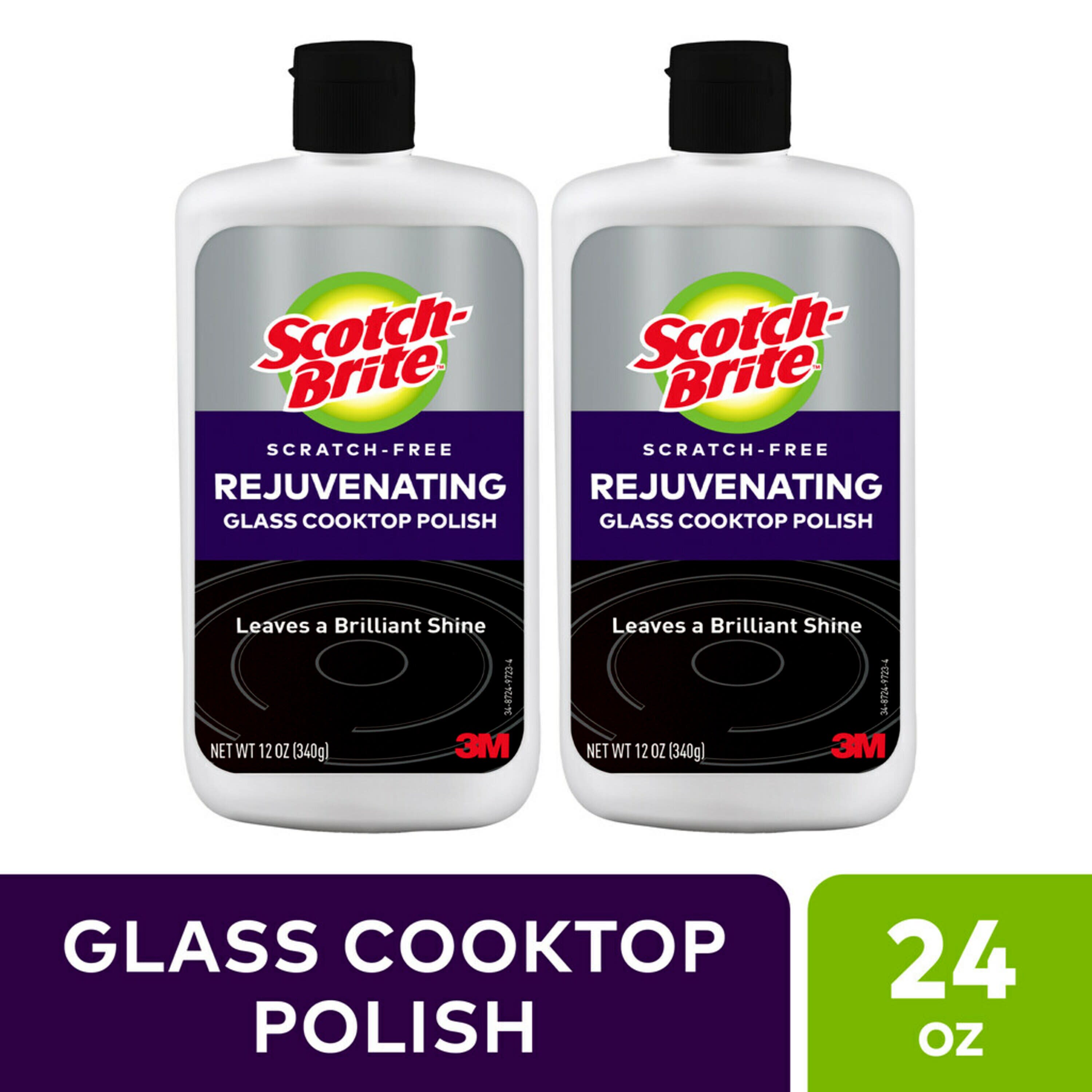
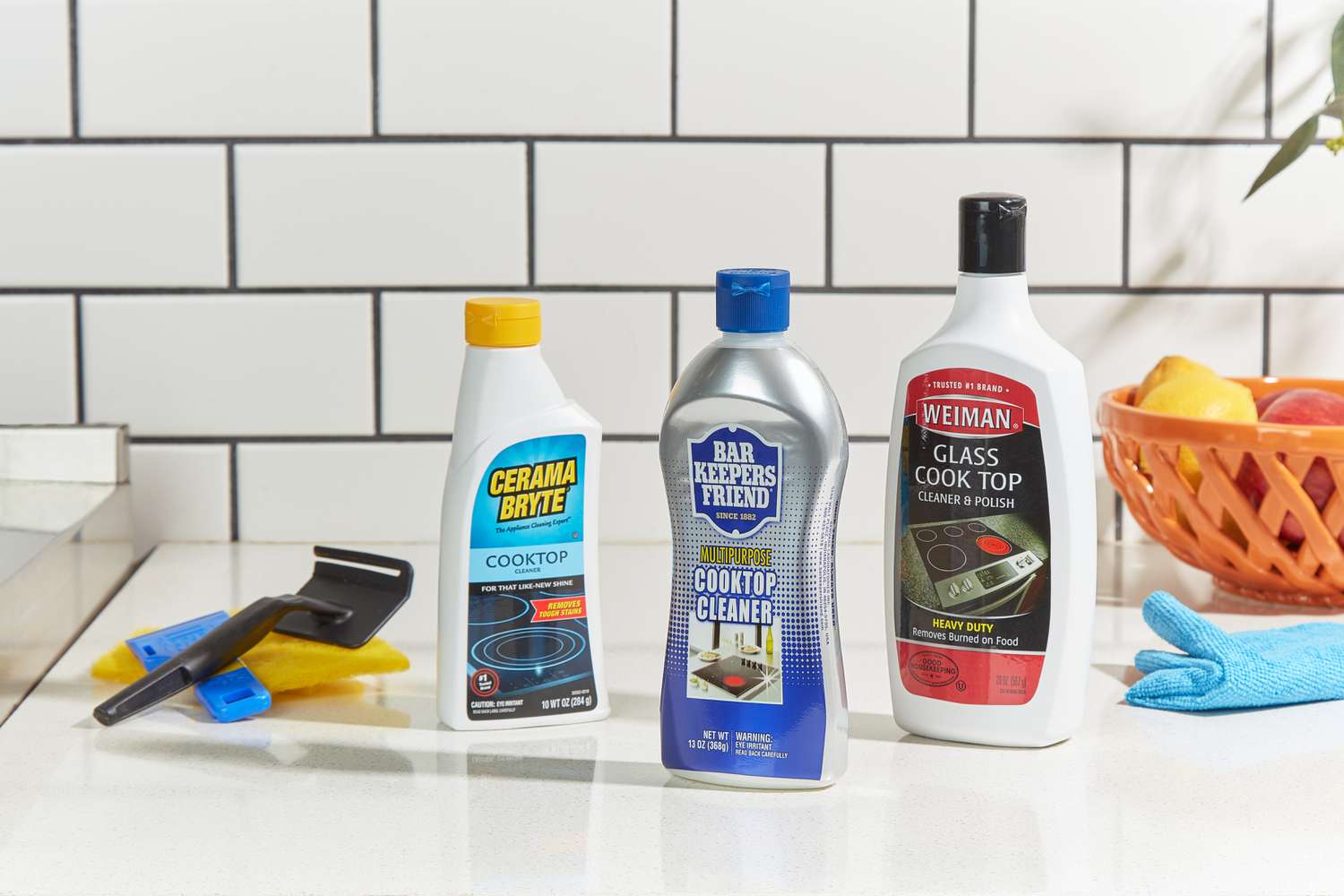

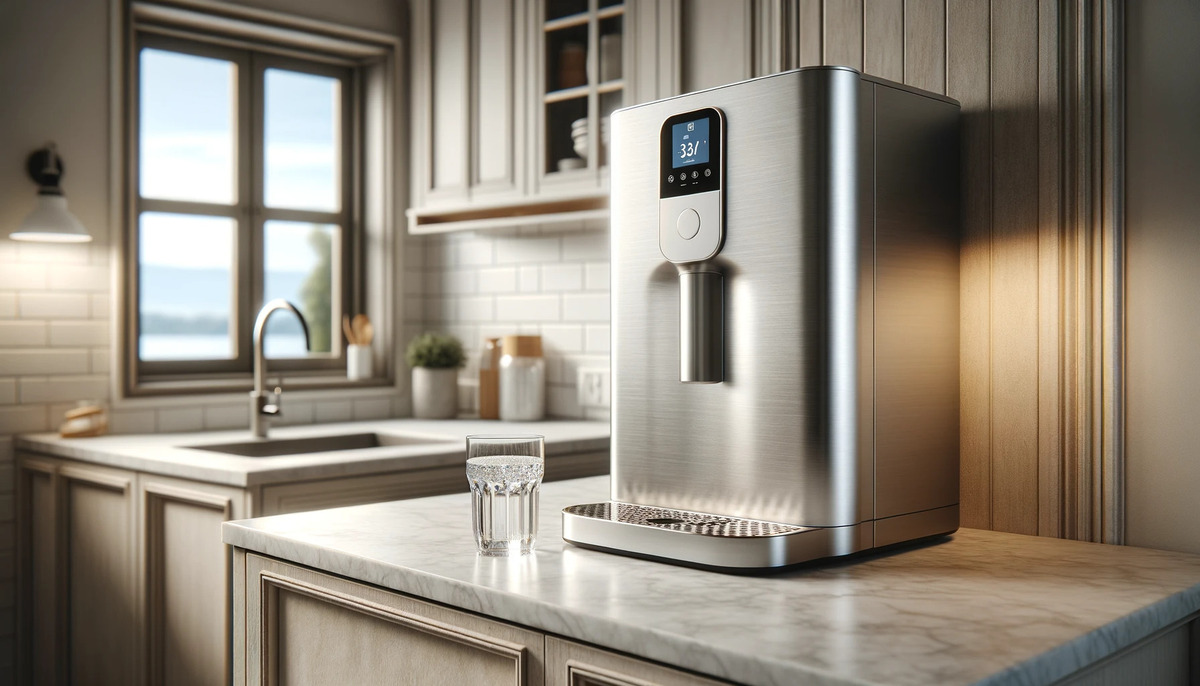
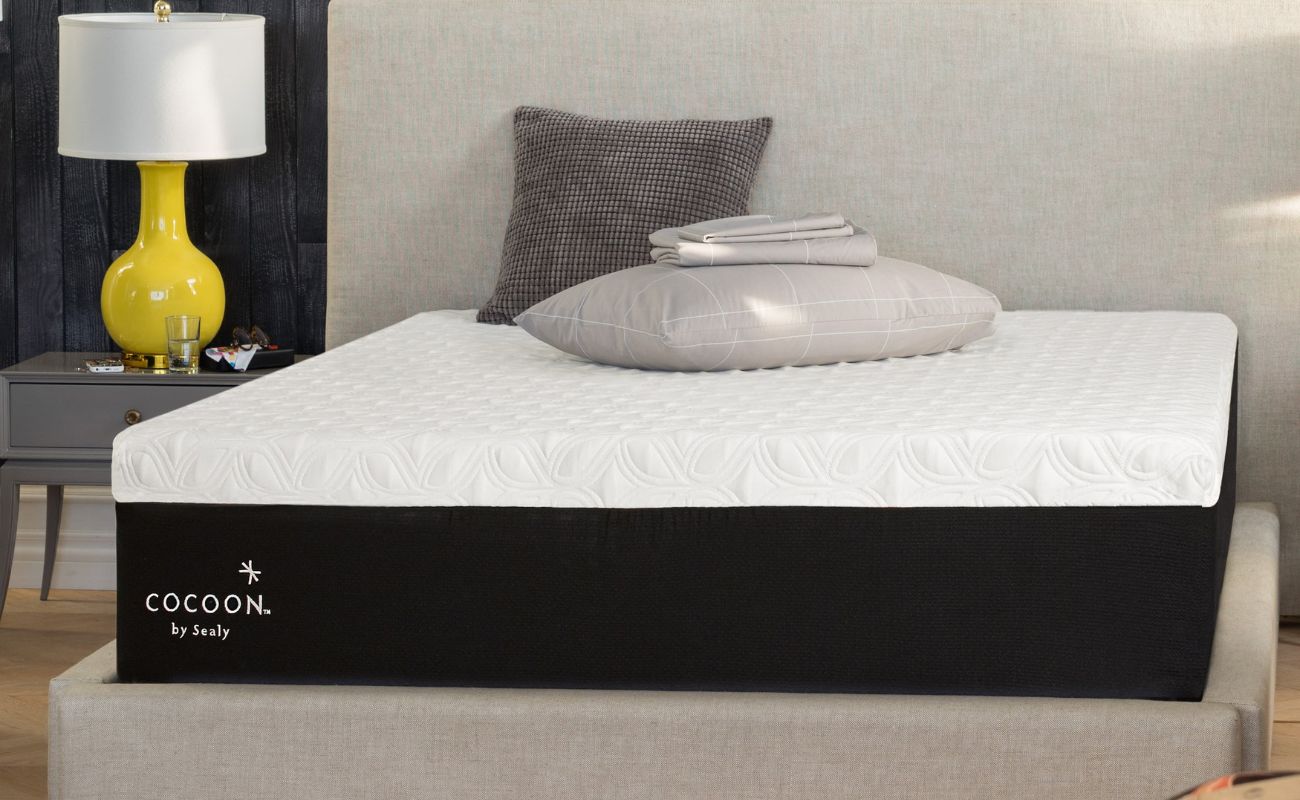
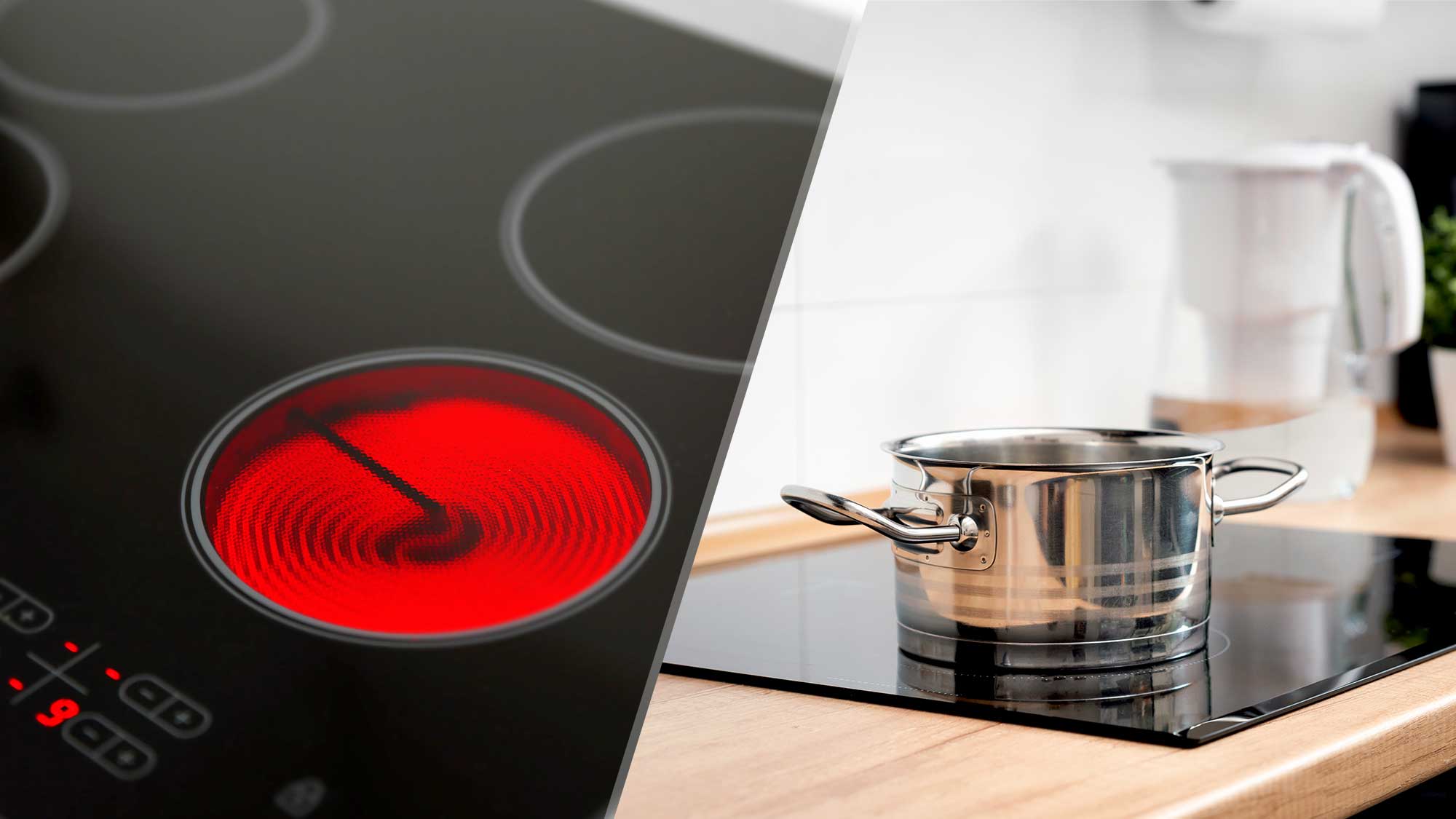
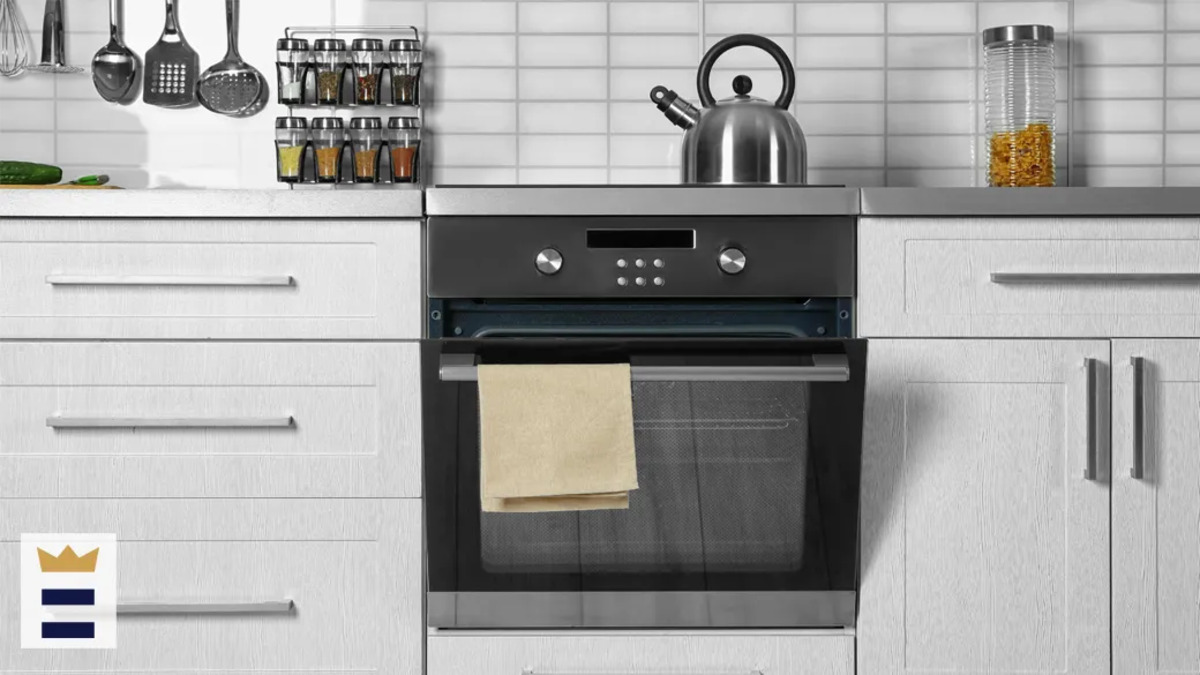

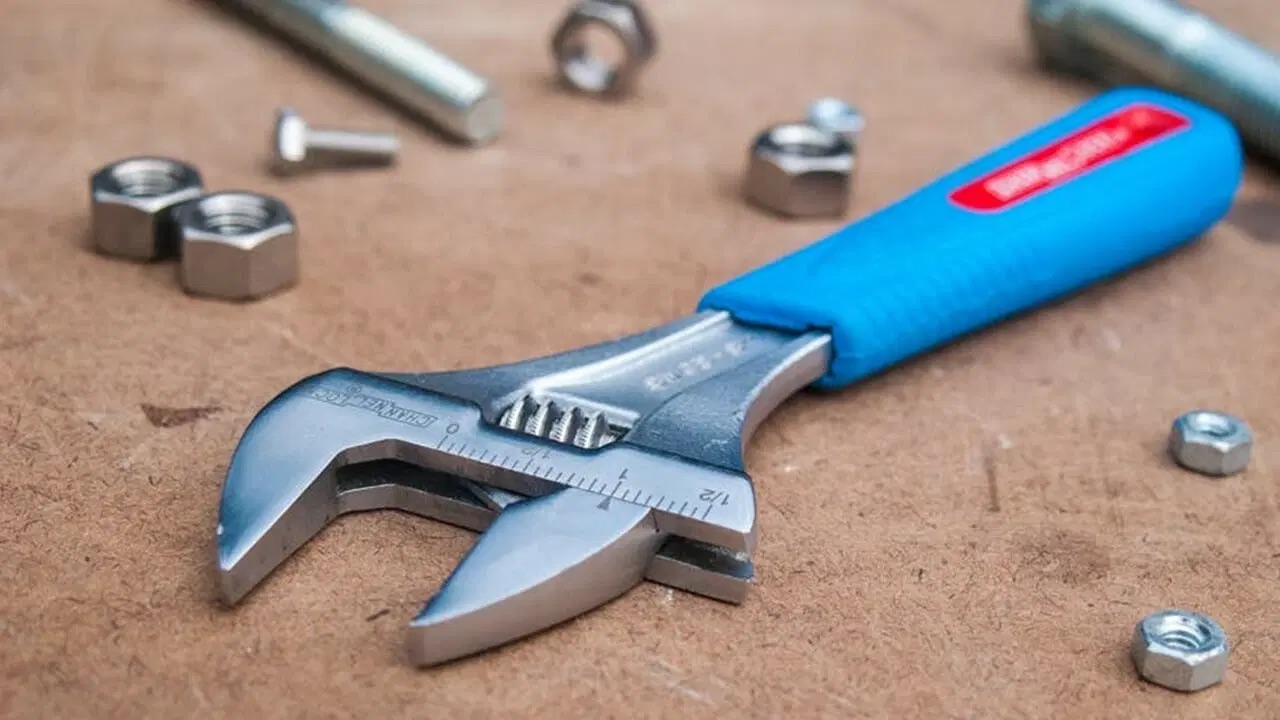

0 thoughts on “What Is The Best Cooktop To Buy”